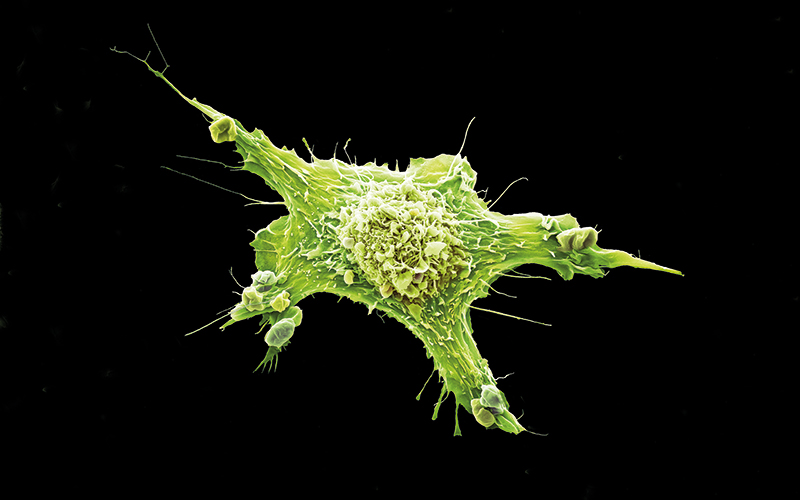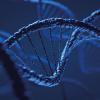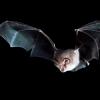For patients with early-stage breast cancer, there is a 7% to 11% chance of relapse within five years after receiving initial treatment.

While chemotherapy aims to eliminate all cancer cells, some of them may evade treatment and survive, resulting in recurrence of the cancer.
In a study that spanned over 10 years, Research Assistant Professor Leong Sai Mun from the National University of Singapore Centre for Cancer Research and his research team sought to uncover the reasons for why some breast cancer tumours survive chemotherapy.
In examining tumour and blood samples from 63 patients with breast cancer across different stages, as well as lab-grown breast cancer cells and laboratory models, the team found that cancer cells with high expression of the small non-coding RNA miR-125b cooperate with surrounding cancer cells to allow the latter to grow and resist chemotherapy.
Contrary to the belief that cancer cells are self-serving and driven by survival, this breakthrough study indicates that they display altruistic behaviour to help other cancer cells thrive by sacrificing their own abilities to multiply.
The authors claim that reveals that disrupting such cooperation could be key to developing more effective treatments.
Leong said: “Our research has identified these cooperative behaviours between cancer cells, which treatment must target specifically for them to be destroyed more effectively. ”
Image credit | Science Photo Library




